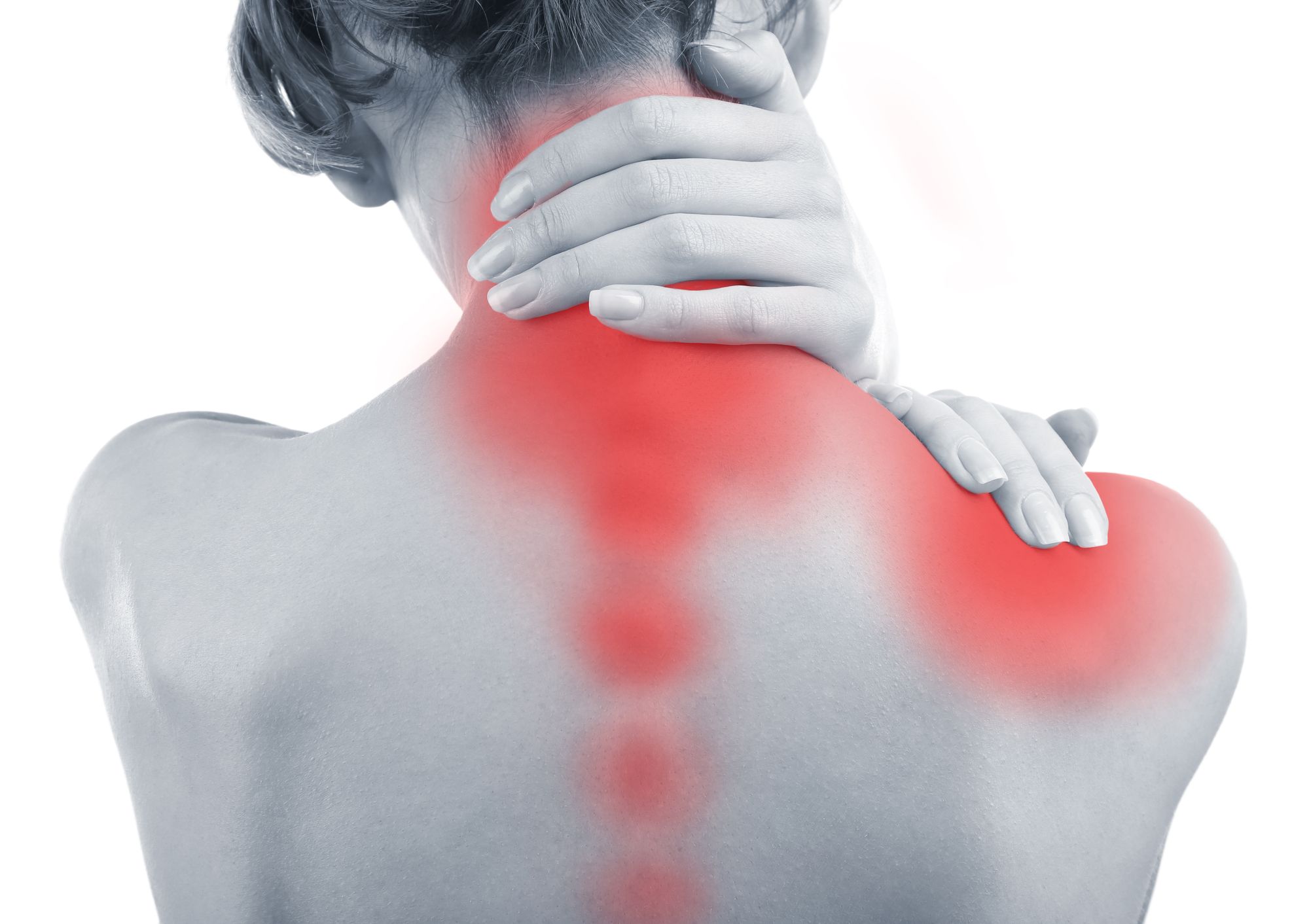
Can TMJ disorder cause neck and shoulder pain?
If you’ve ever experienced persistent discomfort in your neck and shoulders, you may be surprised to learn that your temporomandibular joint (TMJ) could be at the root of the problem. Indeed, TMJ disorder has far-reaching consequences, often affecting us in unforeseen ways. Our Tomball, TX, orthodontist is here to explain.
In many cases, orthodontic treatments can lessen or eliminate TMJ disorder symptoms. If you’d like to explore your options to ease TMJ pain, contact Dr. Wint Tun at Harmony Orthodontics. Our skilled team has years of experience treating patients in the Tomball, Spring, and Woodland, TX, areas. Call us at (832) 699-3683 to arrange your in-person consultation.
Today, we’re delving into a topic that affects millions of individuals in the United States: the connection between TMJ disorder and neck and shoulder pain. Let’s explore how TMJ disorder can cause neck and shoulder pain and discover some tips for finding relief.
Understanding TMJ Disorder
The temporomandibular joint, or TMJ, is the hinge point where the skull meets the mandible (lower jaw).
When this joint becomes overworked, dysfunctional, or inflamed, it can lead to a range of unpleasant symptoms, including:
- Jaw pain
- Clicking or popping sounds when yawning, chewing, or speaking
- Difficulty chewing
- Neck, shoulder, and back pain or stiffness
- Frequent headaches or migraines
The Connection to Neck and Shoulder Pain
But how does TMJ disorder relate to neck and shoulder pain? Surprisingly, the answer lies in the intricate network of muscles and nerves that surround the jaw joint.
When the TMJ is not functioning properly, it can cause muscle tension and imbalance in the surrounding areas, including the neck and shoulders. This tension can radiate throughout the upper body, leading to discomfort and stiffness.
Exploring the Mechanisms
To understand the mechanics behind this phenomenon, imagine the TMJ as the epicenter of a spider web. When there’s a disturbance at the center, the effects ripple outward, affecting the entire web.
Similarly, dysfunction in the TMJ can trigger a chain reaction of muscle tension and misalignment, ultimately manifesting as neck and shoulder pain.
Tips for Relieving TMJ Pain
Now that we understand the connection between TMJ disorder and neck and shoulder pain, let’s explore some strategies for finding relief:
Practice Stress Management
Since stress is a common trigger for TMJ disorder, incorporating calming strategies into your day can help alleviate tension in the jaw and surrounding muscles. Dr. Tun recommends:
- Deep, controlled breathing exercises
- Yoga and gentle stretching
- Mindfulness and meditation
Avoid Trigger Foods
Certain foods, such as dense or chewy items, can exacerbate TMJ symptoms. Opt for softer, easier-to-chew foods to reduce strain on the jaw joint.
Practice Jaw Exercises
Gentle stretching and strengthening exercises for the jaw muscles can help improve flexibility and reduce discomfort. Ask our Tomball orthodontist for recommendations on specific exercises tailored to your needs.
Use Hot or Cold Therapy
Applying a heating pad or frozen pack to the jaw joint can provide temporary relief from pain and inflammation. Experiment with both methods to see which works best for you.
Seek Professional Treatment
If your TMJ symptoms persist or worsen, don’t hesitate to seek professional help at Harmony Orthodontics. Dr. Tun can assess your condition and recommend appropriate treatment options, such as:
- Oral appliances
- Physical therapy
- Medication
Address TMJ Pain at Harmony Orthodontics
TMJ disorder can indeed cause neck and shoulder pain due to the intricate interplay of muscles and nerves in the jaw region. Luckily, you can take proactive steps toward finding relief and improving your overall quality of life at Harmony Orthodontics. Request your appointment online, or call our Tomball, TX, orthodontist at (832) 699-3683 for scheduling.